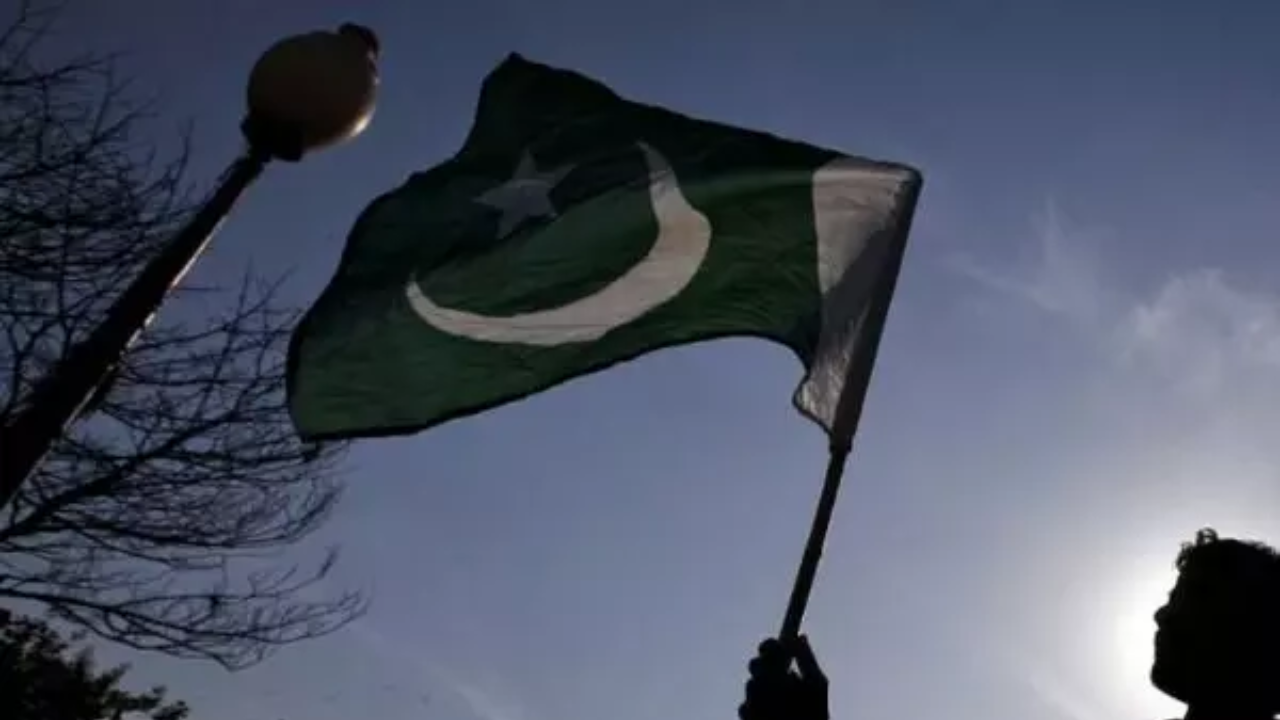Speaking at an event to commemorate Pakistan’s “Defence Day”, Gen Munir admitted his military’s direct involvement in the Kargil War and honoured the Pakistani soldiers killed intuit conflict.
“Pakistani soldiers have sacrificed their lives in 1948, 1965, 1971, and the Kargil war for the sake of the country and Islam,” Gen Munir said.
Pakistan’s military had attempted on at least two occasions — 1948 and 1965 — to send its forces into Kashmir to start a rebellion against Indian rule. On both occasions, the military had publicly denied direct involvement, saying indigenous Kashmiri rebels were fighting Indian forces.
In 1999, however, thousands of paramilitary Northern Light Infantry regulars, drawn exclusively from Gilgit-Baltistan and skilled in high-altitude combat, were sent to occupy military posts that Indian troops would vacate in the snowy months.
They established positions on the heights and commanded a view of the Srinagar-Leh highway, a major supply route for Indian troops stationed on the Siachen glacier.
When India detected the incursion in early May 1999, Pakistan had claimed they were Kashmiri militants fighting Indian rule.
According to observers, Pakistan had sent troops to Kargil to cut Indian supplies to Siachen, inflict heavy losses on Indian troops and pressure them into negotiating a settlement of the Kashmir dispute on Pakistani terms. Since Islamabad had conducted nuclear tests a year earlier, Pakistani generals were expecting a muted response from India.
But the Indians hit back hard, sending infantry backed by artillery and air support. By mid-June the Pakistani positions on the hills began to fall. There were also international calls for Pakistan to withdraw its forces. Evidence suggested the Pakistani military leadership had not shared details of the Kargil operation with the govt of then Prime Minister Nawaz Sharif. On July 4, Sharif was forced to announce a unilateral ceasefire. His govt was toppled in a military coup two months later.
India had reconquered the Kargil heights by July 26. It lost more than 500 troops in the war, while estimates of Pakistani losses range from 400 to about 4,000. Thousands of people made homeless by the war are displaced in Pakistan to this day.
var _mfq = window._mfq || [];
_mfq.push([“setVariable”, “toi_titan”, window.location.href]);
!(function(f, b, e, v, n, t, s) {
function loadFBEvents(isFBCampaignActive) {
if (!isFBCampaignActive) {
return;
}
(function(f, b, e, v, n, t, s) {
if (f.fbq) return;
n = f.fbq = function() {
n.callMethod ? n.callMethod(…arguments) : n.queue.push(arguments);
};
if (!f._fbq) f._fbq = n;
n.push = n;
n.loaded = !0;
n.version = ‘2.0’;
n.queue = [];
t = b.createElement(e);
t.async = !0;
t.defer = !0;
t.src = v;
s = b.getElementsByTagName(e)[0];
s.parentNode.insertBefore(t, s);
})(f, b, e, ‘https://connect.facebook.net/en_US/fbevents.js’, n, t, s);
fbq(‘init’, ‘593671331875494’);
fbq(‘track’, ‘PageView’);
};
function loadGtagEvents(isGoogleCampaignActive) {
if (!isGoogleCampaignActive) {
return;
}
var id = document.getElementById(‘toi-plus-google-campaign’);
if (id) {
return;
}
(function(f, b, e, v, n, t, s) {
t = b.createElement(e);
t.async = !0;
t.defer = !0;
t.src = v;
t.id = ‘toi-plus-google-campaign’;
s = b.getElementsByTagName(e)[0];
s.parentNode.insertBefore(t, s);
})(f, b, e, ‘https://www.googletagmanager.com/gtag/js?id=AW-877820074’, n, t, s);
};
function loadSurvicateJs(allowedSurvicateSections = []){
const section = window.location.pathname.split(‘/’)[1]
const isHomePageAllowed = window.location.pathname === ‘/’ && allowedSurvicateSections.includes(‘homepage’)
if(allowedSurvicateSections.includes(section) || isHomePageAllowed){
(function(w) {
function setAttributes() {
var prime_user_status = window.isPrime ? ‘paid’ : ‘free’ ;
var viwedVariant = window.isAbPrimeHP_B ? ‘B’ : ‘A’;
w._sva.setVisitorTraits({
toi_user_subscription_status : prime_user_status,
toi_homepage_variant_status: viwedVariant
});
}
if (w._sva && w._sva.setVisitorTraits) {
setAttributes();
} else {
w.addEventListener(“SurvicateReady”, setAttributes);
}
var s = document.createElement(‘script’);
s.src=”https://survey.survicate.com/workspaces/0be6ae9845d14a7c8ff08a7a00bd9b21/web_surveys.js”;
s.async = true;
var e = document.getElementsByTagName(‘script’)[0];
e.parentNode.insertBefore(s, e);
})(window);
}
}
window.TimesApps = window.TimesApps || {};
var TimesApps = window.TimesApps;
TimesApps.toiPlusEvents = function(config) {
var isConfigAvailable = “toiplus_site_settings” in f && “isFBCampaignActive” in f.toiplus_site_settings && “isGoogleCampaignActive” in f.toiplus_site_settings;
var isPrimeUser = window.isPrime;
var isPrimeUserLayout = window.isPrimeUserLayout;
if (isConfigAvailable && !isPrimeUser) {
loadGtagEvents(f.toiplus_site_settings.isGoogleCampaignActive);
loadFBEvents(f.toiplus_site_settings.isFBCampaignActive);
loadSurvicateJs(f.toiplus_site_settings.allowedSurvicateSections);
} else {
var JarvisUrl=”https://jarvis.indiatimes.com/v1/feeds/toi_plus/site_settings/643526e21443833f0c454615?db_env=published”;
window.getFromClient(JarvisUrl, function(config){
if (config) {
const allowedSectionSuricate = (isPrimeUserLayout) ? config?.allowedSurvicatePrimeSections : config?.allowedSurvicateSections
loadGtagEvents(config?.isGoogleCampaignActive);
loadFBEvents(config?.isFBCampaignActive);
loadSurvicateJs(allowedSectionSuricate);
}
})
}
};
})(
window,
document,
‘script’,
);








More News
UK boosts vaccine stockpile amid concerns over new Mpox variant – Times of India
Bodycam video reveals this about 2nd assassination attempt on Donald Trump – Times of India
Did JD Vance admit he spread fake news about Haitian immigrants eating cats and dogs? – Times of India